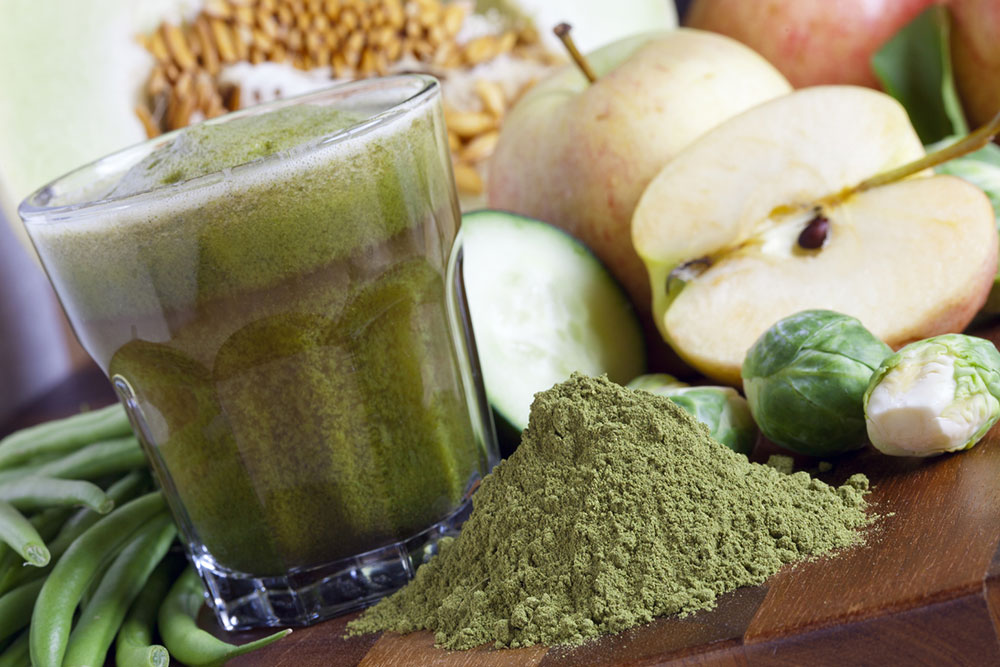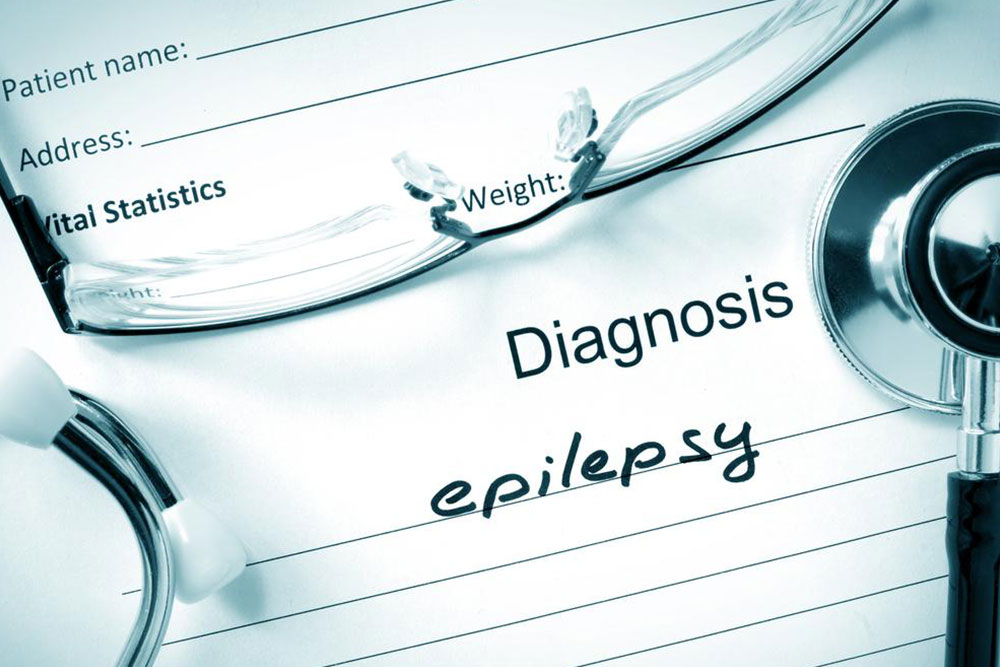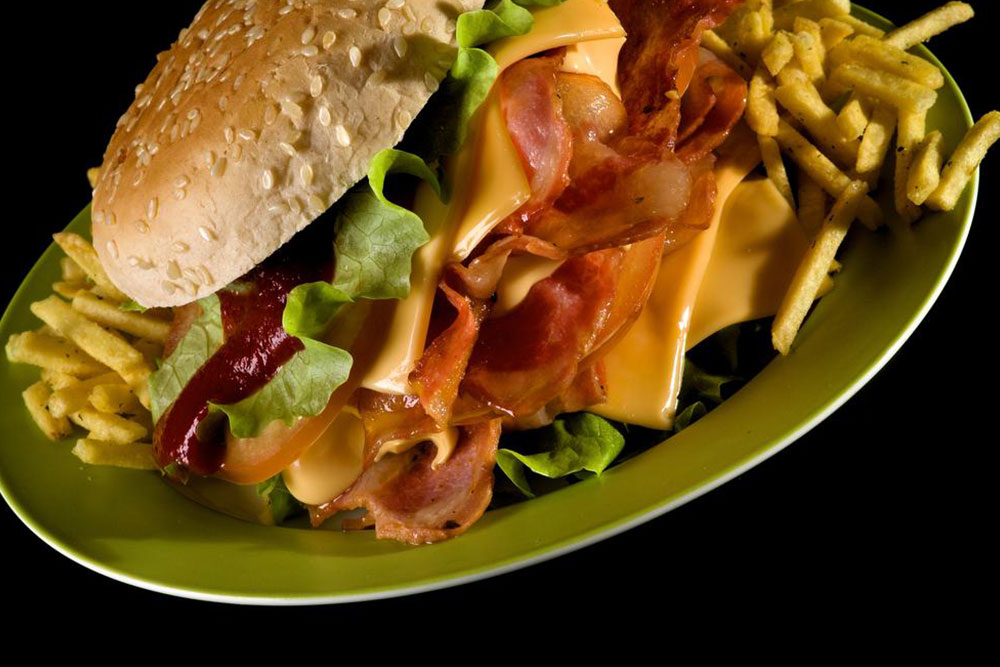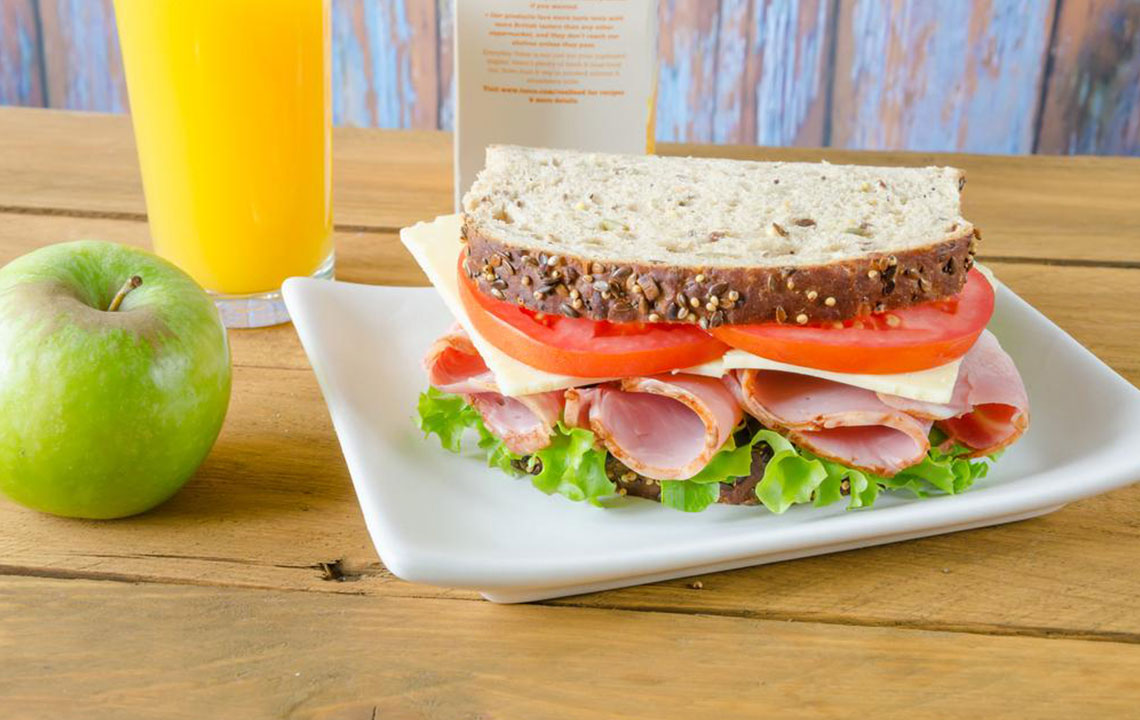Diet Tips: Foods to Include and Avoid for Managing ADHD
Discover effective dietary strategies for managing ADHD through targeted foods and lifestyle adjustments. Learn what to include and what to avoid to help improve focus, reduce hyperactivity, and support overall brain health. Incorporating protein-rich foods, omega-3s, and vitamins can make a significant difference, while cutting back on sugar, artificial additives, and allergens can ease symptoms. This guide offers practical tips for parents and individuals seeking natural ways to support ADHD management through nutrition.
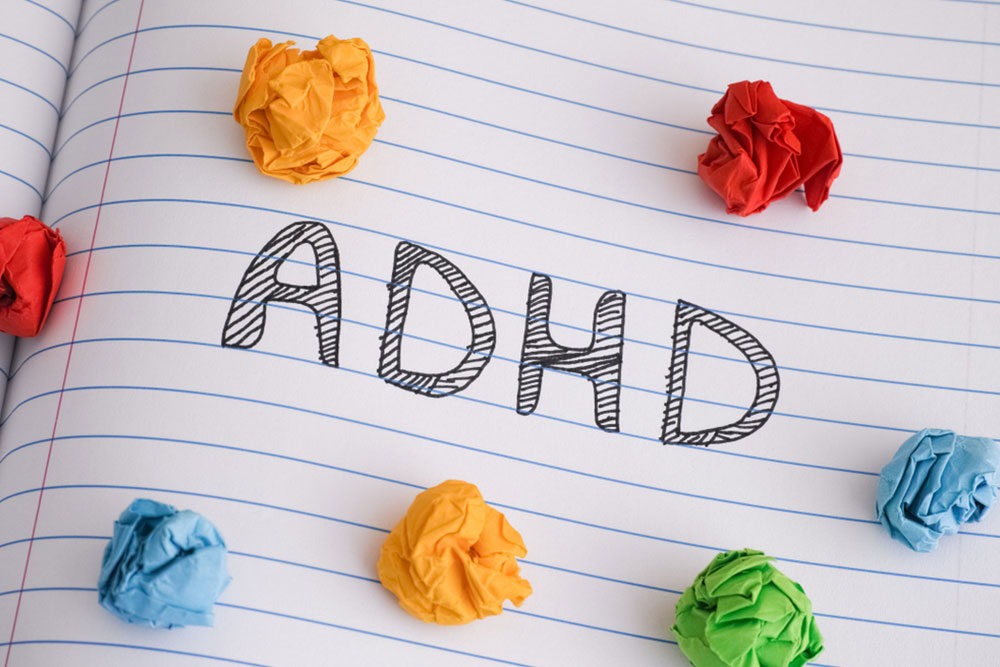
Nutritional Guidelines for ADHD Management
Attention Deficit Hyperactivity Disorder (ADHD) affects nearly 11% of children in the United States. Emerging research suggests that diet may influence brain function and symptom severity. While diet alone isn't a cause of ADHD, certain foods can either worsen or ease symptoms. Incorporating specific nutrients into daily meals can support better focus and behavior, while avoiding others can prevent symptom escalation.
Foods to Incorporate for ADHD Management
A balanced diet rich in proteins and essential vitamins is beneficial for controlling ADHD symptoms. Avoiding excessive sugars, artificial additives, and common allergens is also crucial for optimal results.
Boost protein consumption: Foods such as lean meats, eggs, fish, poultry, soy, nuts, and dairy help produce neurotransmitters needed for brain communication, supporting attention and focus.
Fruits, vegetables, and complex carbs: Consuming fresh produce, fiber-rich whole grains, and complex carbohydrates stabilize blood sugar and reduce hyperactivity.
Vitamins and minerals: Adequate intake of essential nutrients like zinc, iron, and magnesium enhance mental clarity and concentration. Sources include fortified cereals, seafood, and lean meats.
Omega-3 fatty acids: Found in coldwater fish such as salmon and sardines, omega-3s support nerve health and may reduce ADHD symptoms by nearly half.
Herbal supplements: Ginkgo, ginseng, and pine bark extract (Pycnogenol) are natural options known to boost cognitive functions without medication side effects.
Foods to Limit or Avoid with ADHD
Excess sugar: High sugar intake leads to hyperactivity and restlessness, so sugary drinks and snacks should be minimized.
Artificial colors and preservatives: Additives like sodium benzoate and artificial dyes can negatively impact behavior in children with ADHD.
Potential allergens: Foods containing gluten, soy, wheat, and corn may increase hyperactivity and reduce concentration in some individuals.
Note:
This article offers educational insights into dietary choices for ADHD management. While it provides helpful guidance, it is not a substitute for professional medical advice. Always consult healthcare providers for personalized treatment plans. The information herein is for informational purposes only and may vary based on individual health conditions.

